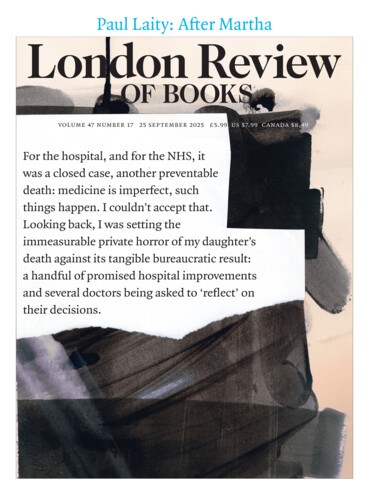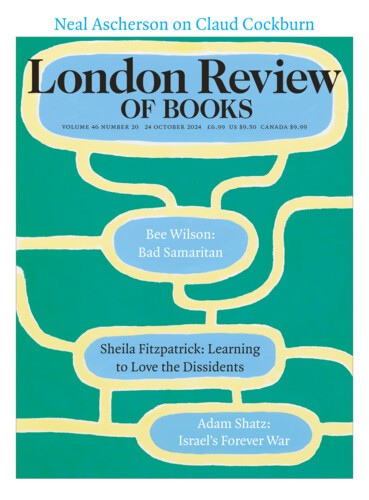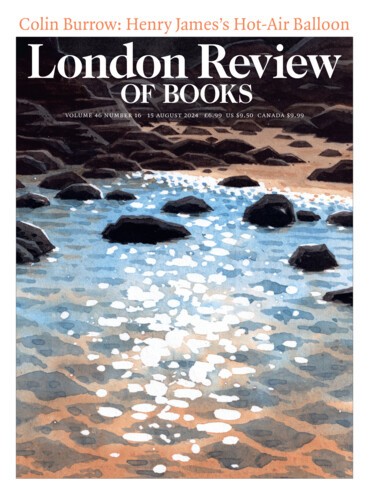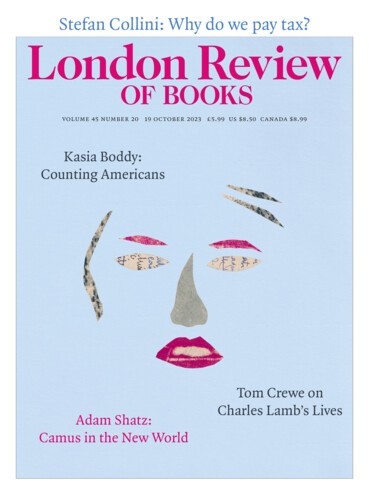Supereffable: Mysteries of the Pearl Manuscript
Tom Johnson, 25 September 2025
At two o’clock in the morning on 23 October 1731, ‘a great smoak’ began to pour from the rafters of Ashburnham House in Westminster. The library was on fire, which meant that English history was on fire. Ashburnham held the many rare manuscripts that had been donated to the nation by the antiquarian Robert Cotton, as well as the treasures of the royal manuscript...





